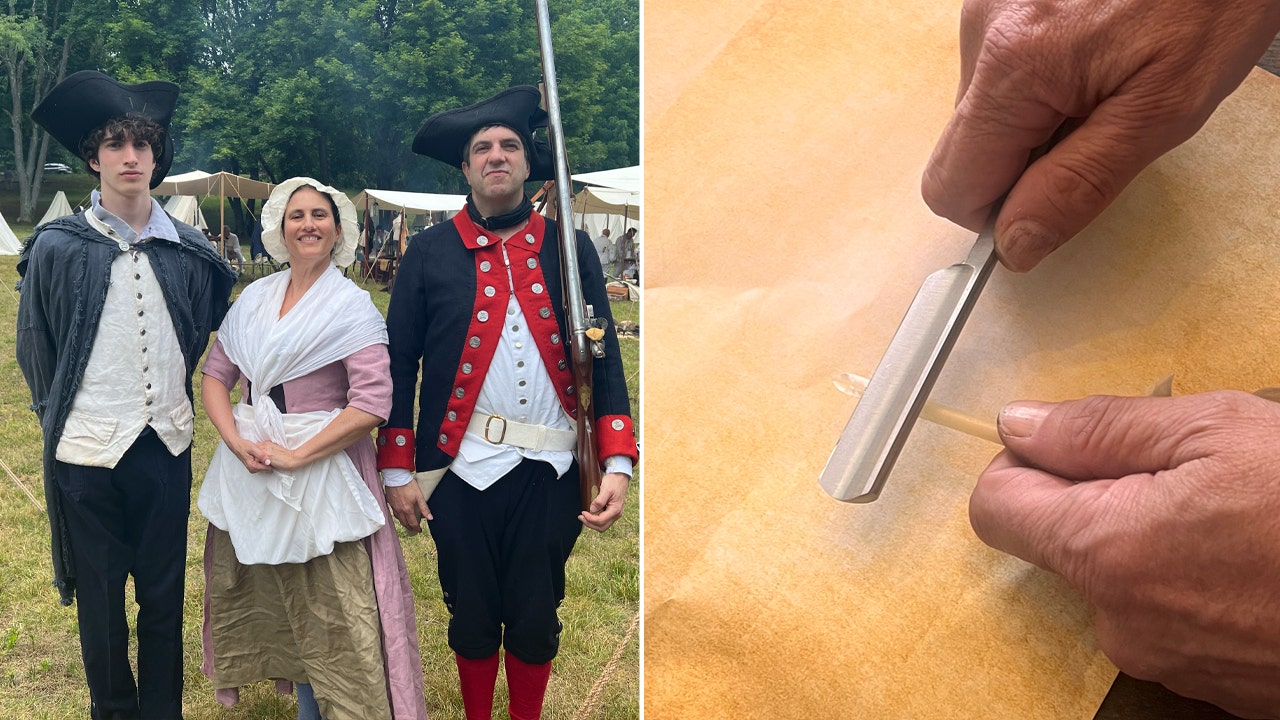U.S. Rep. Gabe Vasquez announced upcoming legislation intended to provide a more humane border policy while also bringing jobs to the region and addressing critical worker shortages in the U.S.
Vasquez, a Democrat who represents the state’s 2nd Congressional District, held a press conference at the border with Mexico in front of the Santa Teresa Port of Entry to announce a package of legislation that he called “common sense” border policy. Vasquez introduced one of the bills last spring. The Bipartisan Farm Workforce Support Act calls on the Government Accountability Office to report to Congress on the deficiencies in the H-2A visa program, which is the program that allows migrant farm workers to cross the border to work in the chile fields in southern New Mexico and elsewhere. Vasquez intends to introduce the four other bills in Congress in the near future.
The other four include the Humane Accountability Act, which would require a government report on instances of assault, sexual assault and abuse against detainees held by the U.S. government and complaints filed by detainees while in custody. The Smart Border Protection Act, which allocates $500 million to the Department of Homeland Security to hire U.S. Customs and Border Protection personnel, improve border screening technology and an additional $70 million to the Administrator of General Services for border infrastructure. The Stop Coyotes Act will mandate a 10-year penalty on human-trafficking crimes involving a minor. The Strengthening Our Workforce Act will provide a pathway for migrants who come to the U.S. to work in a critical industry to obtain a two-year temporary provisional status to work in the U.S. legally. Critical industries are defined as healthcare, education, energy production and emergency response.
Vasquez said that the U.S. is suffering critical worker shortages in public education and healthcare as well as in other industries and his Strengthening Our Workforce Act could alleviate both the worker shortage issue as well as provide a pathway for migrants to relocate to the U.S.
Although Republicans hold a slight majority in the House of Representatives, Vasquez called the legislation bipartisan and said he can work with moderate Republicans who are interested in “moving the country forward.”
If the legislation is passed and enacted, Vasquez is hoping the bills will address the reported 343 percent increase in border crossings since 2020, the number of women and children who are trafficked or sexually abused before reaching the border and the 11 million undocumented workers who contribute to the economy, many in critical jobs, but who live in fear of deportation.
Joining Vasquez at the press conference were Sunland Park Mayor Javier Perea, Sunland Park Police Chief Eric Lopez, City Manager Mario Juarez Infante, and the President of the Border Industrial Association Jerry Pacheco.
Pacheco said the Santa Teresa Port of Entry “punches above its weight” and that it is the sixth largest port of entry in terms of volume. He said Vasquez’s legislation, if enacted, would “bring millions of investment” and that the port of entry needs “more boots on the ground.” He said there are, at times, as many as 1,600 trucks a day coming through the Santa Teresa Port of Entry into New Mexico with imported goods.
Vasquez said Republicans have been asking for additional funding for border protections. He said the allocation he is proposing would go toward telecommunications and new technologies at the ports of entry that “capture a large percentage of the drugs coming” across the border.
He said he would hold Republicans “to their word they want border security,” and that he is hoping these bills will generate bipartisan support.
Vasquez said he had met with U.S. Border Patrol in the El Paso sector in New Mexico and saw, for the first time, border inspections of trucks that he called “nonintrusive” and enabled customs officials to detect illegal drugs being smuggled through while also speeding up commercial cargo transport. Vasquez said his policy, if enacted, would increase jobs in the Sunland Park area while also creating diplomatic approaches with Mexico to improve border outcomes and “alleviate the humanitarian crisis.”
Vasquez said the screening technology can cut down on the rates of fentanyl being brought across the border but “we can’t do it without personnel.”
Vasquez said that the U.S. “needs to address detention centers” and that one of his bills, “provides oversight and accountability for people seeking asylum to be treated with dignity and respect.”
One concern frequently raised by legal advocates who represent asylum seekers held in detention is that migrants detained often lack information about their right to legal representation, that many do not speak English or Spanish, and that they find themselves talking over a phone to an immigration judge to plead their credible fear case in a room without privacy. Vasquez said his Humane Accountability Act seeks information about what current resources are available federally to access legal services. He said that when asylum seekers lack access to legal counsel and cannot speak the language, they “will never win their credible fear claims.”
He called the problem “deeply troubling.”
Vasquez said he has spoken with U.S. Department of Homeland Security Secretary Alejandro Mayorkas recently about funding being directed to nongovernmental entities to “handle some of these humanitarian issues.”
When asked about the claim made by some legal advocates of asylum seekers that Democrats tend to run election campaigns with claims of implementing more humane border policies but fail to implement them, Vasquez said he was the first New Mexico legislator to propose any type of public funding in the form of $50,000 to provide aid to asylum seekers while he was still a Las Cruces city councilor. He said other municipalities followed suit and that Las Cruces spent over $1 million on humanitarian aid in total.
“I did it because it was the right thing to do. To introduce this is something I believe in,” he told NM Political Report.
Vasquez also told NM Political Report that in his conversation with Mayorkas, he said that “we don’t need more border patrol agents, we need more people to process migrants.”
There have been allegations that conditions at the Torrance County Detention Facility are inhumane. Those allegations have come in the form of reported hunger strikes by some held in detention, a government report recommending a shut down and the death by suicide of a Brazilian man detained last year. When asked if his legislation package would address the Torrance facility specifically, Vasquez said that the Humane Accountability Act “is meant to highlight some of the abuses, some of the neglect, some of the faults of the federal detention process, whether those are ICE facilities or private prison corporations or other corporations dedicated to family detention as we’ve seen in the past….”
“We want to know exactly how many times people have complained or suffered abuses or complained about abuses or been negated access to medicine. Right now we don’t have those numbers across the board, so we want to better understand what’s happening,” he told NM Political Report.
Vasquez said the Biden administration will be bringing a new proposal before Congress regarding appropriations for border security and this is a good time to put forth his bills.
Related








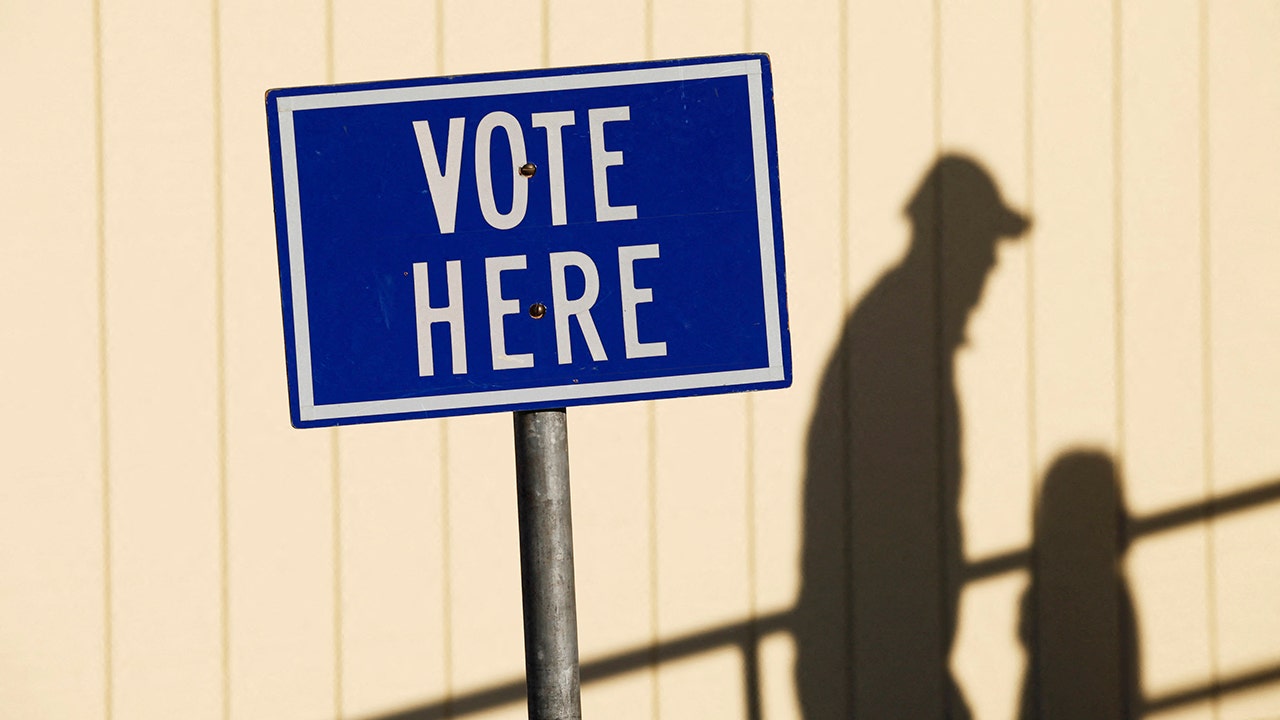
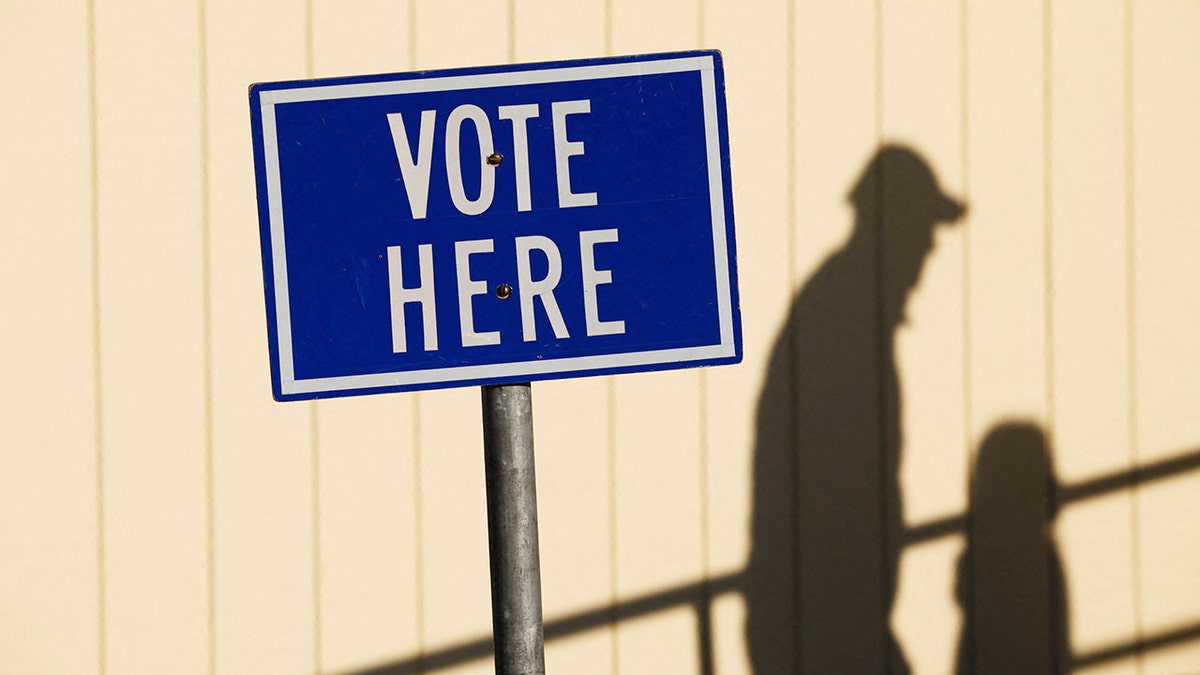

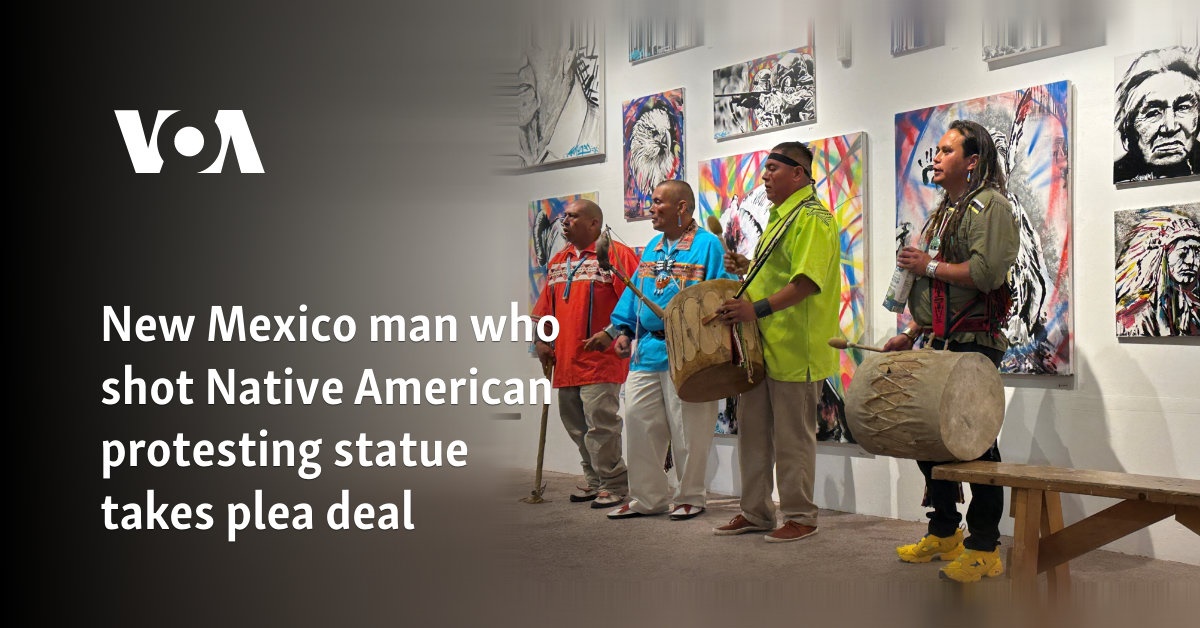









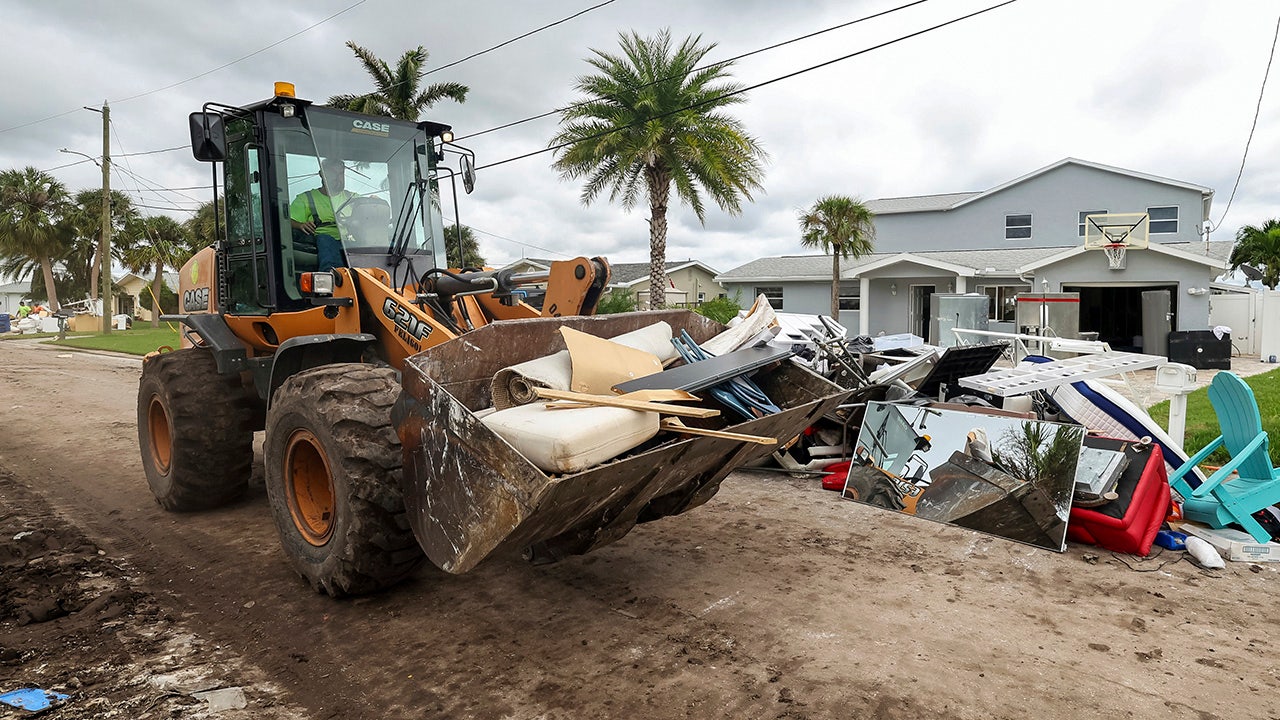

/cdn.vox-cdn.com/uploads/chorus_asset/file/25439572/VRG_TEC_Textless.jpg)



